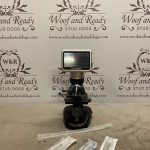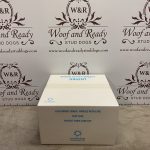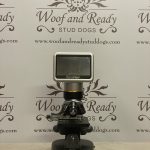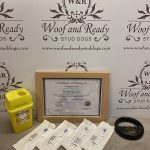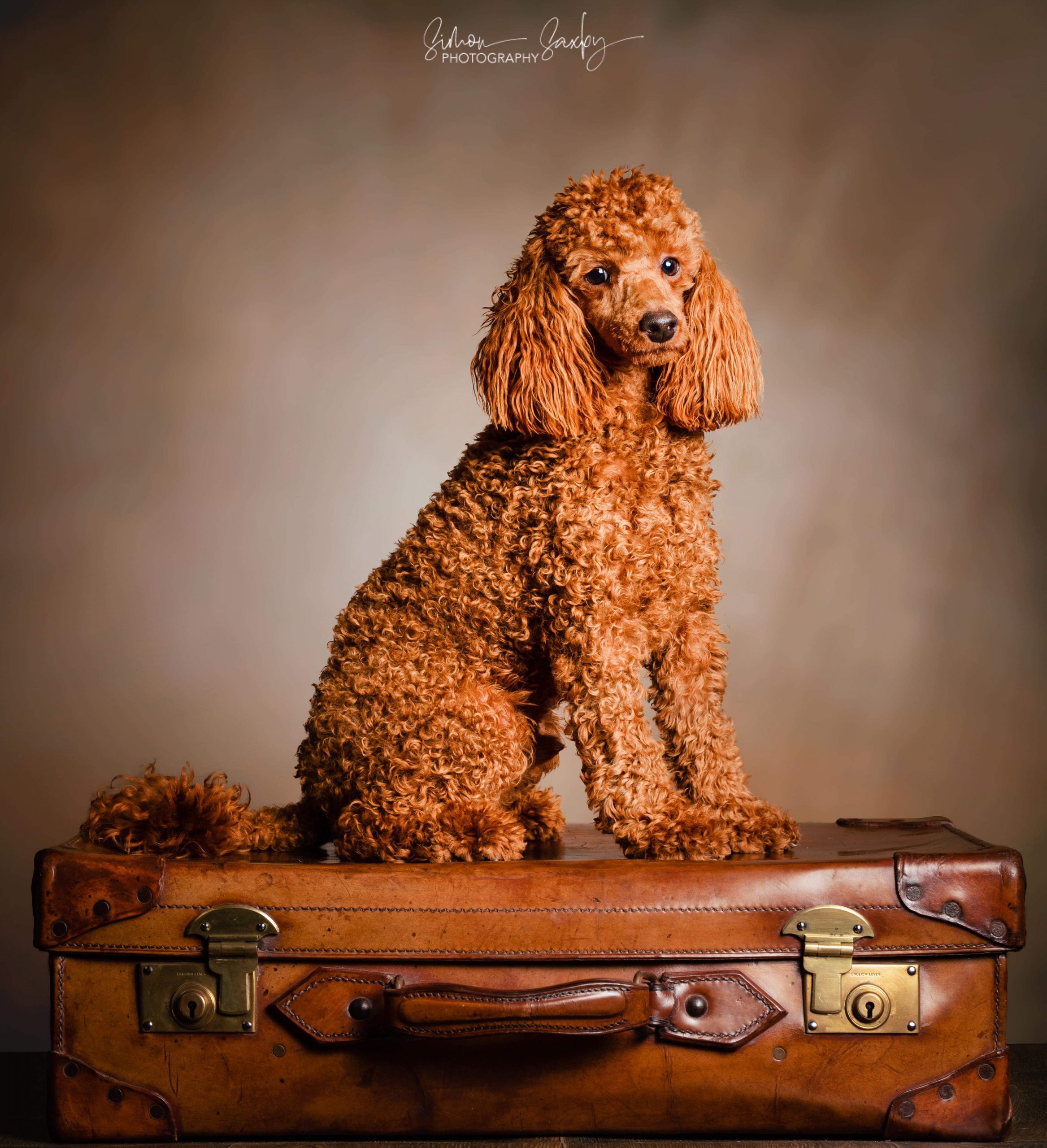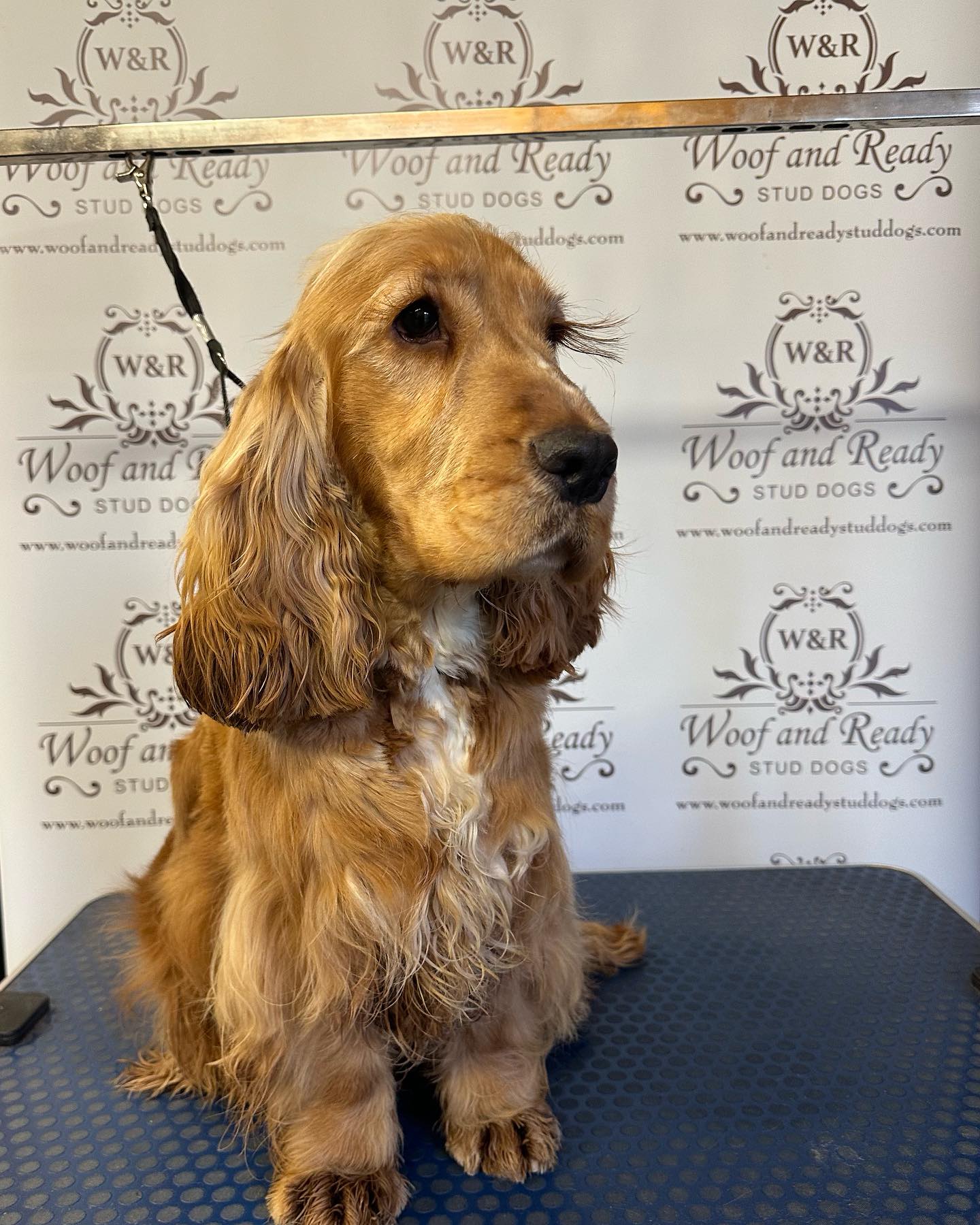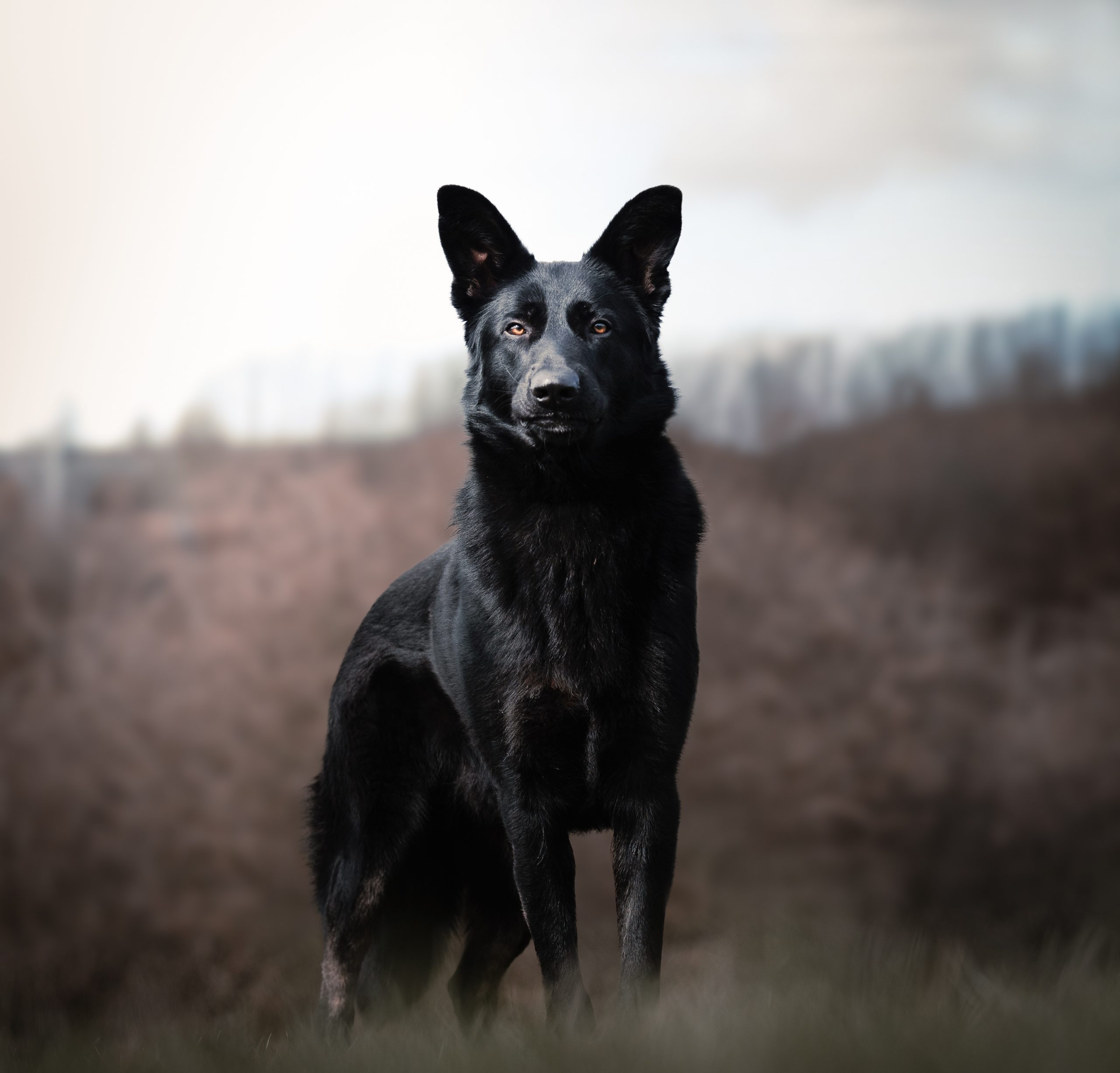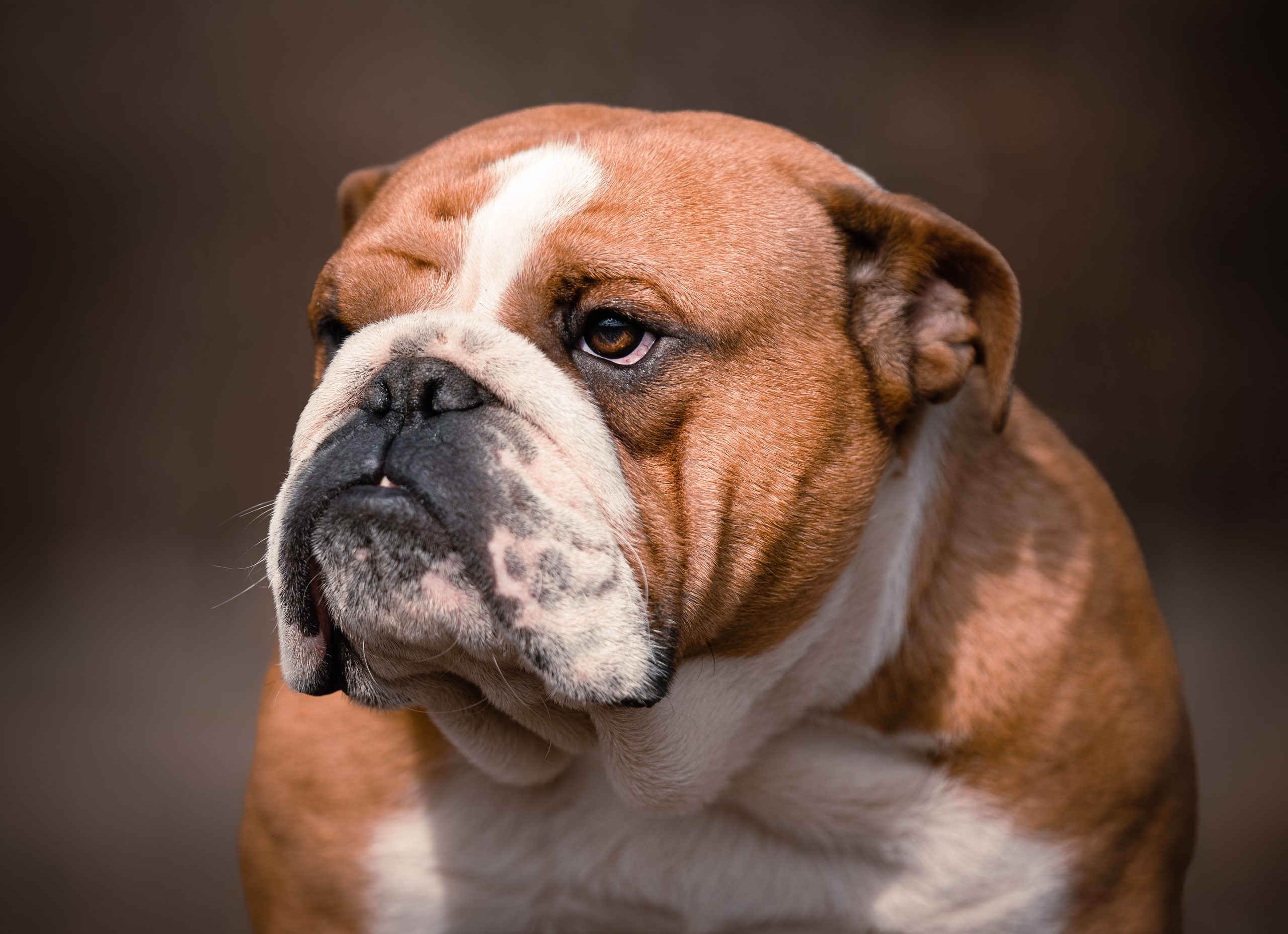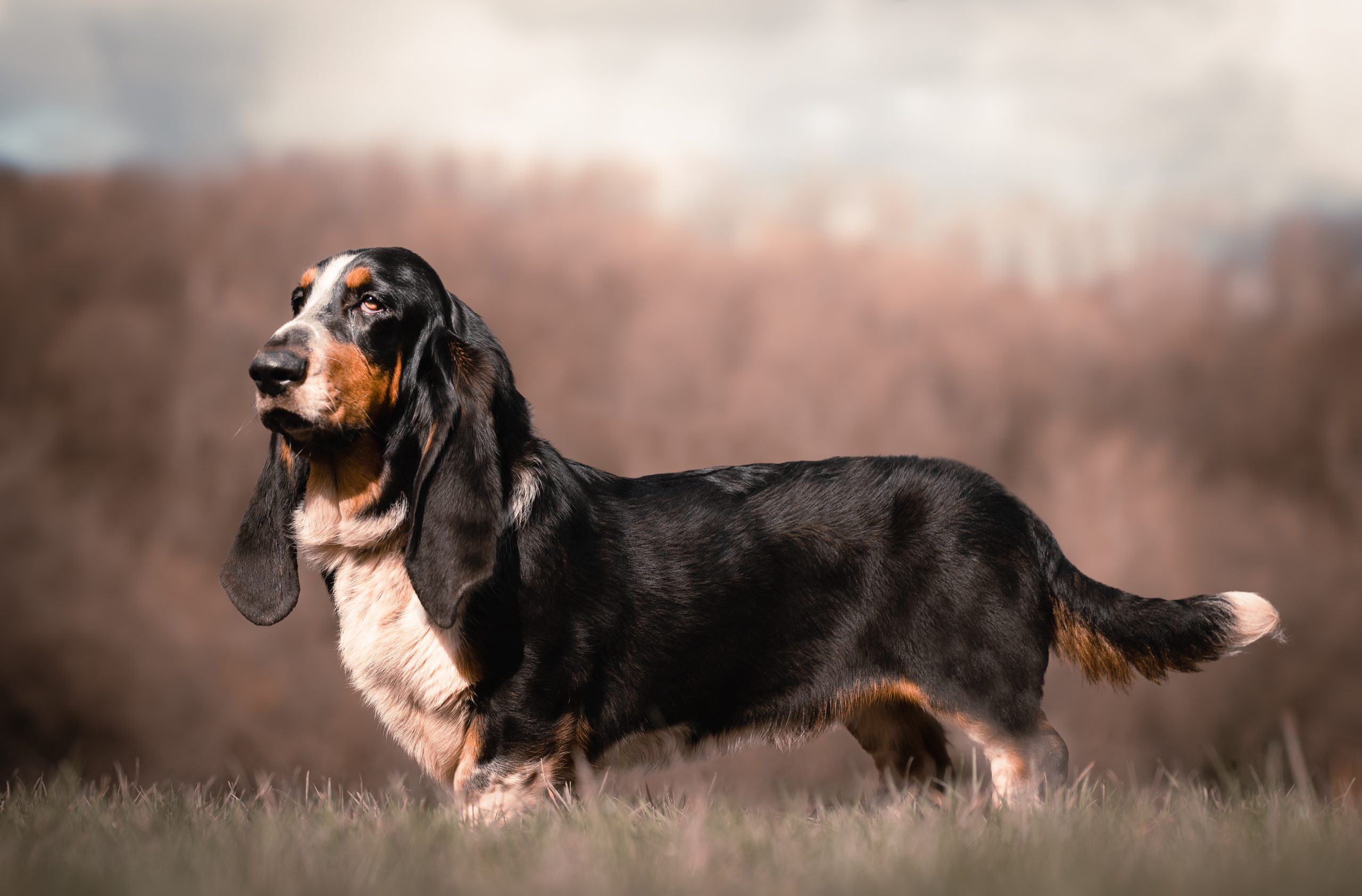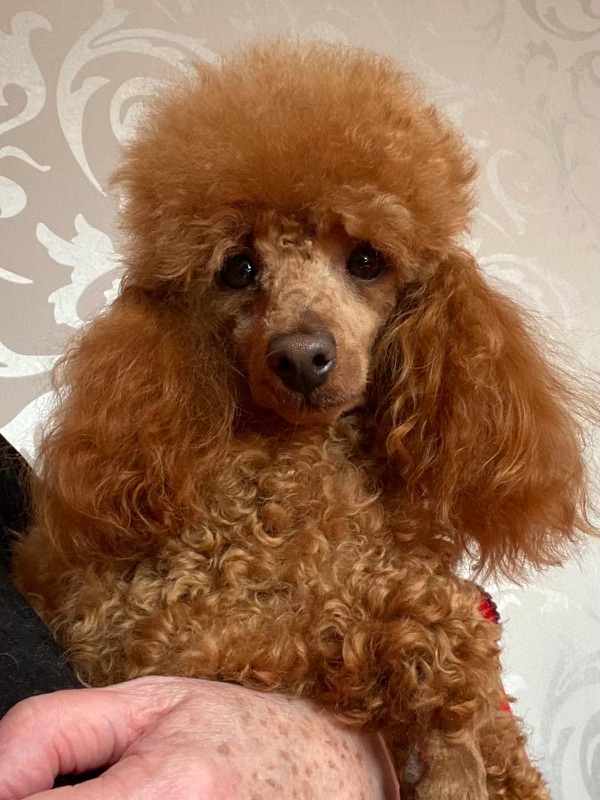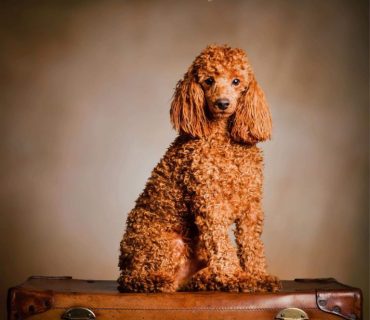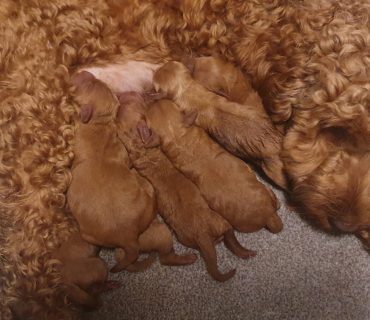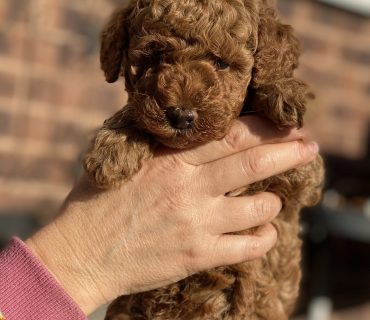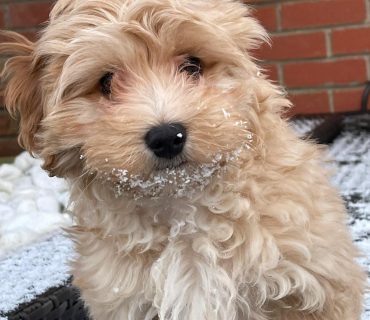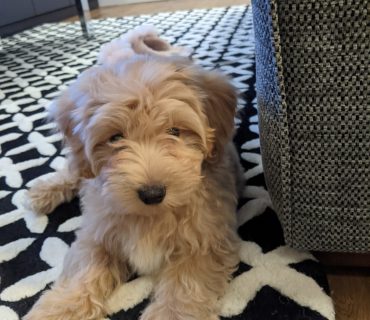Give your puppy the best start in life by following a socialization schedule.
0-3weeks
-
Puppies will be with their mother and littermates. They should be allowed to smell people (men, women, and children) from an early age.
3-6 weeks
-
Puppies should see and hear everyday household sights and sounds, such as the TV, vacuum cleaner, washing machine etc. The puppies should also keep meeting new people.
-
Puppies can start to be brushed & lightly groomed and gently examining eyes, ears, paws and so on, every day.
6-8 weeks
-
Puppies should meet everyone in the family, including children and other people’s children. Puppies should enjoy playing and interacting with them. Ideally puppies will get used to meeting lots of different people.
-
Puppies may also meet other common pets as well as babies, but contact should be supervised so they meet each other safely. Puppies should also meet older dogs again supervised.
8 weeks
At this age puppies normally have had a visit to the vets to be vaccinated and microchipped
-
Puppies are usually transferred to their new owner at eight weeks. If you’re buying a puppy buy your puppy from a breeder where they have been among everyday sights and sounds.
-
Ask whether your vet practice runs puppy socialization groups (also called ‘puppy parties’) and, if not, ask where the nearest one is. This will give them a great chance to meet other puppies and get used to a range of other dogs. They’ll need to be fully vaccinated before going along.
-
Get your puppy used to being in the car. Start off on the drive with the doors open and then gradually build up to taking short journeys. Offer a small treat when your puppy is calm and relaxed but don’t force them to take it as they might feel car sick at first. Make sure they’re safe and secure in the car.
-
It’s important that your puppy gets used to being without you. Leave your puppy for a few minutes at first e.g. while you’re making yourself a cup of tea. Gradually build up the time until they’re happy to be left in the house on their own for longer periods.
-
Socialization CDs are a great way to get your puppy used to noises that they will hear during their life. Lots of dogs are scared of fireworks because they never heard them during their socialization period. By using a CD you can get your puppy used to noises like this so that they’re not scared later. Ask your vet for more information about these.
-
Start reward-based training e.g. toilet training and coming when called.
-
Continue socialization training with new people and new experiences, making sure every experience is positive.
9 weeks
-
Get your puppy used to wearing a collar and lead in your garden.
10 weeks
-
You may be able to take your puppy for their second vaccination. Ask your vet when it will be safe for you puppy to start meeting other dogs and exploring away from home.
12 weeks
-
If your vet says it’s safe for your puppy to go out and about, gradually build up the range of experiences away from your home, for example by visiting the local railway station and local shopping areas, seeing farm animals etc. Remember to stop if your puppy seems scared and not to overwhelm your puppy with too many experiences at a time or with experiences that are too intense.
15 weeks onwards
-
Carry on like this until your puppy’s at least a year old, as your puppy’s learning will continue during this time. The benefits of good socialization will stay with your puppy for life.
